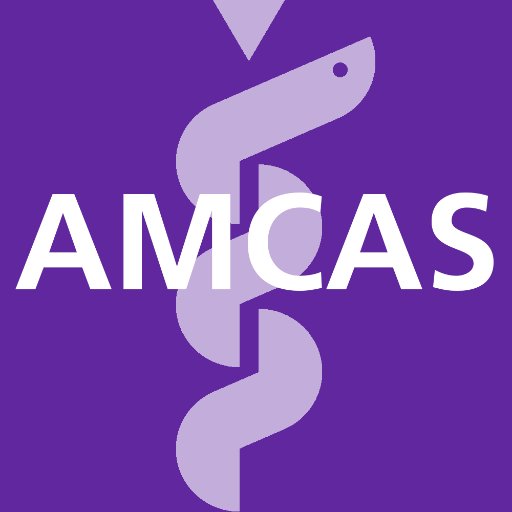Here is what matters to medical schools according to AMCAS

Applying to medical school is hard! There are many important components to one’s medical school application that must be considered. When applying to medical school you are evaluated based on your GPA, MCAT, letters of recommendation, shadowing experience, volunteering, extracurricular activities, and personal statement. This can make it hard to know what really matters when it comes to getting into medical school. Luckily, the AAMC has released a document that shows some important statistics about those who got accepted. Let’s see what we can learn from it!
Applicants and Enrollees:
- A total of 49,990 applied and 29,840 that were accepted. This means that only 42% of students who applied for medical school got accepted.
- Of the students who applied: 49% were White, 21% were Asian, 8.9% were Multiracial, 7.1% were African American, 6.5% were Hispanic, 3.6% identified as Unknown Race, 1.8% identified as Other, 1.3% were Non-U.S Citizen, 0.2% were American Indian or Alaska Native, and 0.1% were Native Hawaiin or Pacific Islander.
Average GPA:
- The average GPA of applicants was 3.57.
- The average GPA of enrollees was 3.71.
This is a pretty decent indicator that GPA is not as major a factor as most pre-meds think. While you definitely do not need a 4.00 GPA to get into medical school, you should still have a decent to high GPA. This gives a good idea of the GPA we want to be around (3.71).
Language and Age:
- 30.2% of enrollees speak another language other than English
- The range of ages for enrollees was 19 to 49 years old.
This indicates that being bilingual could be beneficial to your chances of getting accepted into medical school. Being bilingual could show your ability to communicate well with others and understand different cultures.
The age range shows that it doesn’t matter how old you are when it comes to getting accepted into medical school. So don’t fret if you are an older applicant! I was about 3 years older than the normal applicant age when I got accepted! What really matters is if you can show the medical schools that you are serious about medicine and have the ability to handle the rigors of medical school.
Average MCAT score:
- The average MCAT score of applicants was 502.9
- The average MCAT score of enrollees was 508.9
This is good news to alot of pre-meds! This goes to show that the MCAT also doesn’t need to be as high as you would expect. You definitely don’t have to have a 515 or higher to get into medical school! And since the average MCAT score for those accepted was about 509 that means there were plenty of people who were accepted that got a few points lower than that.
Enrollee profile:
- 12.8 million community service hours provided by enrollees
- 85.1% of enrollees had research/lab experience
- 80.9% of enrollees had shadowing/clinical observation
This tells us what medical schools really value in their applicants. Volunteering, doing research, and having clinical exposure are incredibly important to getting accepted into medical school. Volunteering shows medical schools that you are willing to sacrifice your time for others and that you want to help the community. Research is important to medical schools because they have research programs they want you to partake in at their school usually. Clinical exposure (especially shadowing) is super important for medical schools, this one is probably the most important for most medical schools. They want to see that you know what medicine is really like and that you will be okay with a career in medicine. Make sure you have a good amount of volunteer hours (about 100 hours logged is decent), experience doing research, and a variety of clinical observation and shadowing before applying. It really matters.
Summary:
One of the main takeaways from these statistics is that there is a lot that goes into a medical school application. While GPA and MCAT are still very important, they are not everything. Having volunteering hours, research experience and shadowing experience are just as important. Try and make sure that your GPA and MCAT are at least within the range of what enrollees are and focus on really standing out in your research and clinical exposure. Remember, even if your GPA or MCAT score is not as high as you would like, you can still get in by having exceptional clinical experience. Go ahead and analyze the statistics from the AMCAS yourself and see what else you can learn from it!
Click here to view the document from the AAMC.
You can also download the document here.

